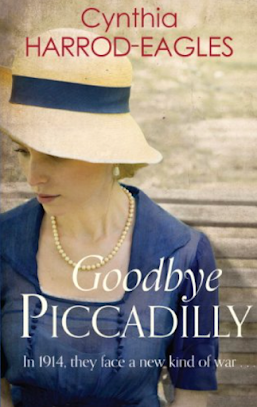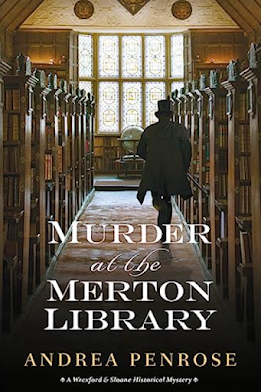For this week's Can't Wait Wednesday, hosted by Tressa at Wishful Endings, I'm featuring The Kingmaker's Women by Julia A. Hickey. I am drawn like a magnet to anything Wars of the Roses and the daughters of Richard Neville, Earl of Warwick, are never a boring topic. This book focuses on Warwick's wife, Anne Beauchamp, and her daughters, Isabel and Anne Neville, exclusively and delves into whether or not they were pawns in their father's war games or women who used their own wiles to exert influence over their situation. It looks fascinating. Happy Wednesday reading everyone!
August 30, 2023 (The publisher may have changed the date according to Amazon)
History/Middle Ages History
Description courtesy of Net Galley
They were supposed to be pious, fruitful and submissive. The wealthiest women in the kingdom, Anne Beauchamp and her daughters were at the heart of bitter inheritance disputes. Well educated and extravagant, they lived in style and splendour but were forced to navigate their lives around the unpredictable clashes of the Cousins’ War. Were they pawns or did they exert an influence of their own?
The twists and turns of Fate as well as the dynastic ambitions of Richard Neville, Earl of Warwick saw Isabel married without royal permission to the Yorkist heir presumptive, George Duke of Clarence. Anne Neville was married to Edward of Lancaster, the only son of King Henry VI when her father turned his coat. One or the other was destined to become queen. Even so, the Countess of Warwick, heiress to one of the richest titles in England, could not avoid being declared legally dead so that her sons-in-law could take control of her titles and estates.
Tragic Isabel, beloved by her husband, would experience the dangers of childbirth and on her death, her midwife was accused of witchcraft and murder. Her children both faced a traitor’s death because of their Plantagenet blood. Anne Neville became the wife of Richard, Duke of Gloucester having survived a forced march, widowhood and the ambitions of Isabel’s husband. When Gloucester took the throne as Richard III, she would become Shakespeare’s tragic queen. The women behind the myth suffered misfortune and loss but fulfilled their domestic duties in the brutal world they inhabited and fought by the means available to them for what they believed to be rightfully their own.
The lives of Countess Anne and her daughters have much to say about marriage, childbirth and survival of aristocratic women in the fifteenth century.









